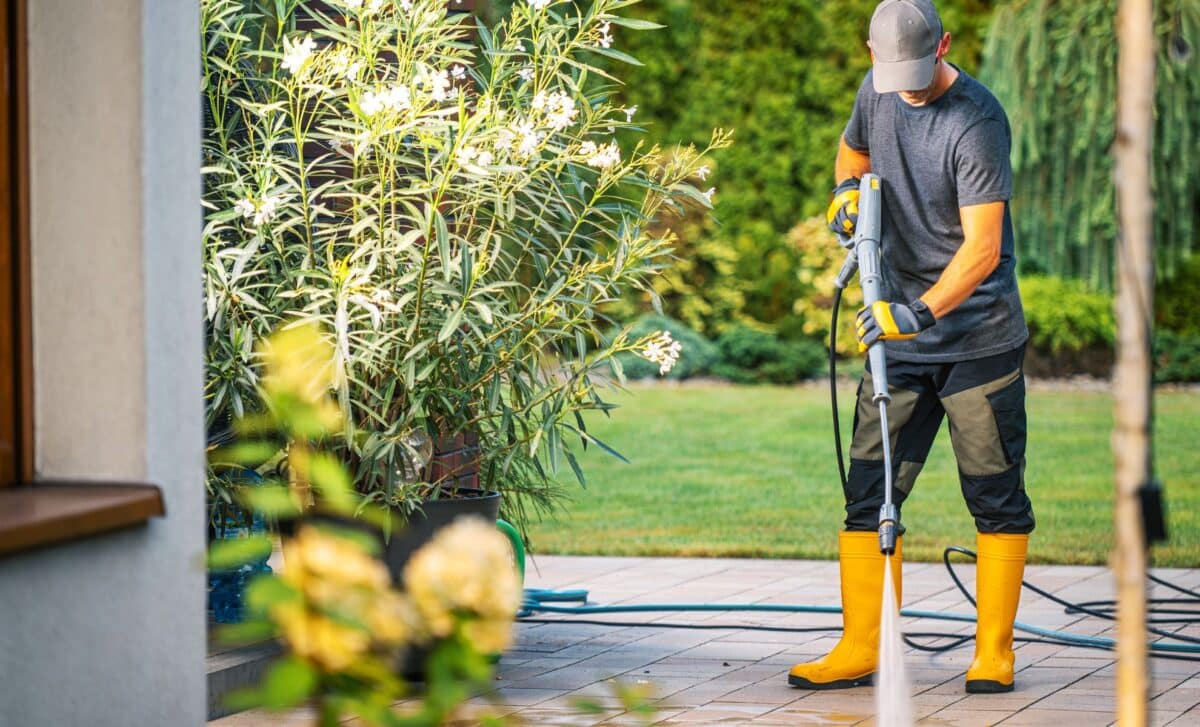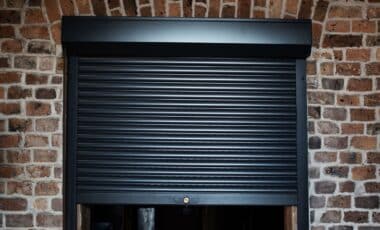For homeowners in neighborhoods controlled by Homeowners Associations (HOAs), backyard freedom can feel like a distant dream. These rules, intended to preserve neighborhood aesthetics and property values, can sometimes restrict personal choices. If you live in an HOA-regulated area, you may find yourself limited in ways that could surprise you.
Fence and Structure Restrictions
Tall fences can be a point of contention in HOA neighborhoods. While privacy may seem like a valid reason to erect a high barrier, many HOAs have strict regulations regarding fence height, material, and design. Homeowners often find that only shorter fences made from approved materials like wood or vinyl are allowed, all to maintain uniformity in the community. “Tall fences can obstruct sightlines, impact curb appeal, and create disputes among neighbors,” explains HOA guidelines. It’s essential to review these regulations and choose materials and heights that comply before beginning any construction.
Many backyards are restricted from adding unapproved structures such as gazebos, pergolas, or treehouses. These additions can disrupt the aesthetic consistency of the neighborhood and may not meet safety standards. “Structures not in compliance may need to be dismantled,” according to HOA rules.
Smell Like A President: Trump’s Fragrance Just Dropped And Americans Are Furious
Landscaping and Yard Features
From replacing lawns with gravel to planting exotic plants, changes to your yard may need committee approval. “Standardized landscaping helps maintain property values and a cohesive look throughout the neighborhood,” the guidelines state. If you’re planning any changes to your yard, it’s wise to submit a landscaping plan to your HOA for approval to avoid any issues.
Also, if you were hoping to add play equipment like trampolines or basketball hoops, these items often clash with HOA policies, which typically either ban them outright or limit where they can be placed. “Some restrict these items altogether, while others dictate specific locations or installation guidelines,” according to the rules. To stay on the safe side, make sure to verify the rules before purchasing or installing anything.
Animals, Events, and Noise
HOAs often impose limitations on the types and number of animals homeowners can keep. Whether you’re considering backyard chickens or a koi pond, it’s essential to check with your HOA before making any decisions. Many associations restrict animals to prevent noise and nuisances that could disturb neighbors. “This limits noise and potential nuisances while safeguarding neighboring properties,” the regulations explain. Always check HOA policies regarding pets or animals before bringing them home.
Noise is another issue that frequently arises. Whether it’s a backyard concert, barbecue, or family gathering, many HOA communities have noise restrictions, including quiet hours and noise level monitoring. The purpose is clear: “Excessive noise disrupts the peace of the community.” If you plan to host an event, it’s best to do so within permissible hours and be mindful of the noise level to avoid complaints.
Vehicles, Lighting, and Businesses
Another restriction homeowners might face involves parking. While it might seem convenient to use your backyard for extra vehicle storage, most HOAs prohibit parking vehicles, especially boats or RVs, in residential yards. “Visible vehicles detract from the overall neighborhood aesthetic,” the rules emphasize. It’s advisable to use designated parking areas or garages to store vehicles, ensuring they are out of sight and in compliance with HOA policies.
Outdoor lighting is also carefully regulated. Many homeowners enjoy adding fairy lights or spotlights to brighten their backyard, but this could violate HOA rules if the lighting is too bright or disruptive. The guidelines state, “Bright lights can cause light pollution and diminish the neighborhood’s ambiance.” To avoid any issues, it’s recommended to use HOA-compliant lighting options and obtain approval for any larger installations.
For those hoping to run a small business from their backyard, such as a home bakery or yoga studio, it’s essential to understand that most HOAs and zoning laws restrict operating businesses from residential properties. “Backyard businesses can disrupt the community or cause unwanted traffic or noise,” the rules clarify.







